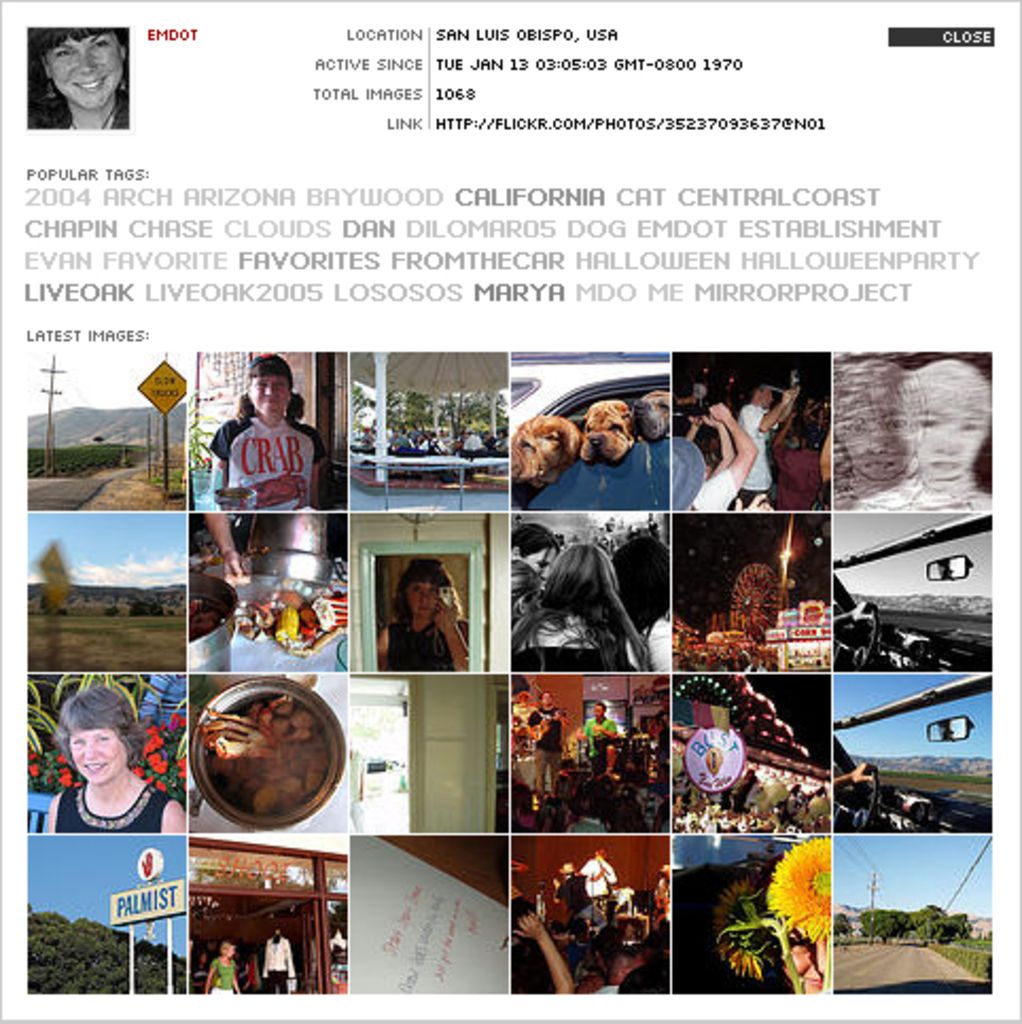In honor of Pushkin's birthday, a scholar discusses the perilous predicament of the Russian language, likening it to a more frightful adversary than Mat.
Street Language or Social Media Slang Among Youth Doesn't Jeopardize Russian Literature, But the Rampant Use of Obscenities Is a Grave Concern
At a recent press conference, Mikhail Mukhin, head of the Department of Fundamental and Applied Linguistics and Textology at Ural Federal University, expressed his concerns about the proliferation of profanity, not just online but also on the streets. "I've been keeping an eye on this for the past 20 years. At first, students assured me it was confined to social networks. But now, it's commonplace to hear swearing on the streets, in academic halls, which is quite distressing. Even in women's groups, couples in love can be heard cursing at each other. This isn't just unsightly and disturbing, I think this issue warrants attention within the scope of state policy. Pushkin would be taken aback by our city's current language, I'm certain," he said.
Professor Mukhin maintains a cautious stance concerning youth slang. "Youth lingo evolves quickly, it did in the 80s, 90s, and now. Words like 'crash' or 'cringe' may permeate the language, and I don't see a problem with that. Most words will be discarded by the next youth generation in a decade or so," Mukhin states confidently.
While Russian law classifies public swearing as an administrative offense, punishable by fines ranging from 500 to 1000 rubles and potentially up to 15 days in prison, enforcement seems to be sporadic[1]. The state tackles this problem primarily through legal measures, yet practical implementation appears limited[1].
Evgenia Viracheva, Ekaterinburg
Dzen
Join the conversation on our messenger +7 (901) 454-34-42
© 2025, RIA "Novy Day"
Keep updated with us on Dzen YouTube
- Mikhail Mukhin, while acknowledging the evolution of youth slang, emphasizes the need to address the increasing use of profanity in everyday life, stressing, "Pushkin would be taken aback by our city's current language, I'm certain."
- With a focus on health-and-wellness and mental-health, Mikhail Mukhin suggests that reducing the use of profanity could contribute positively to the overall well-being of individuals, stating, "Even in women's groups, couples in love can be heard cursing at each other, which is quite distressing."
- To foster a society that promotes fitness-and-exercise, nutrition, and a positive mindset, Professor Mukhin advocates for the government to implement policies aiming to reduce public swearing, echoing his desire to see a change in the city's language, as he said, "I think this issue warrants attention within the scope of state policy."







